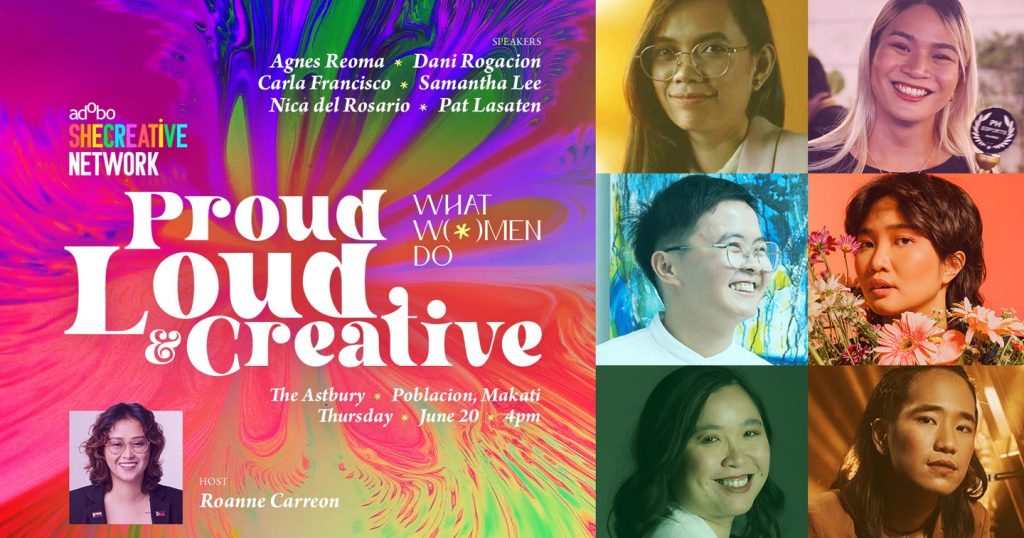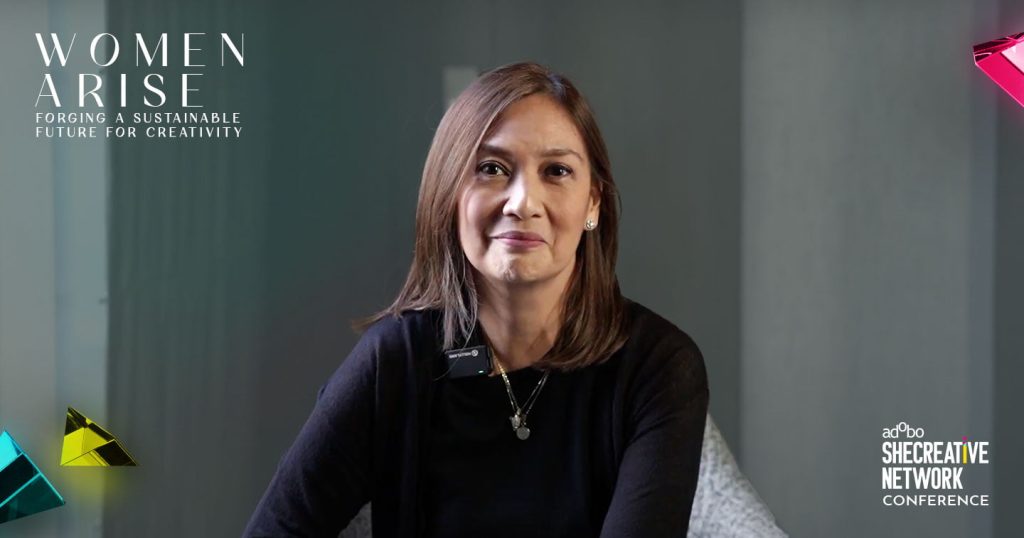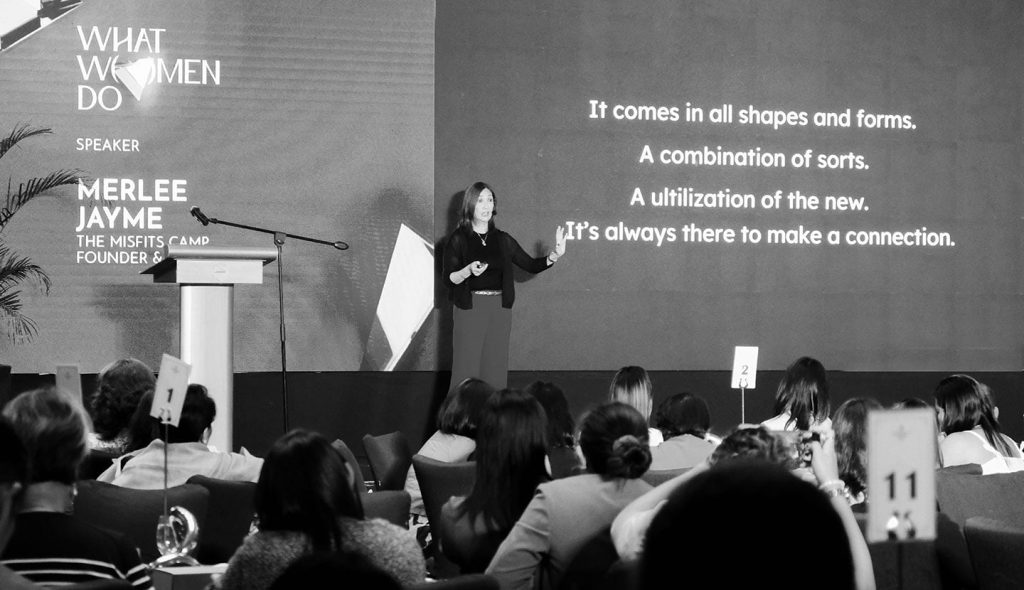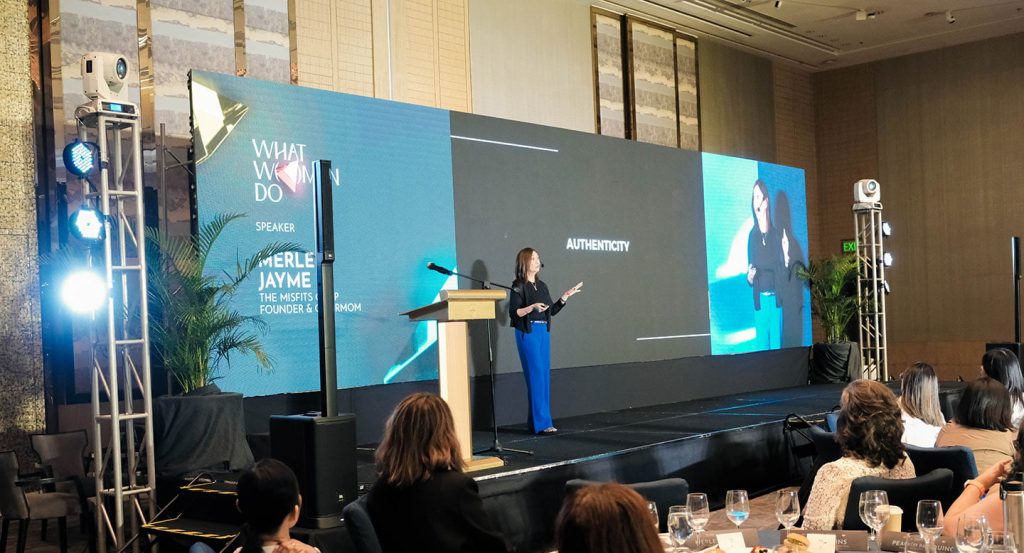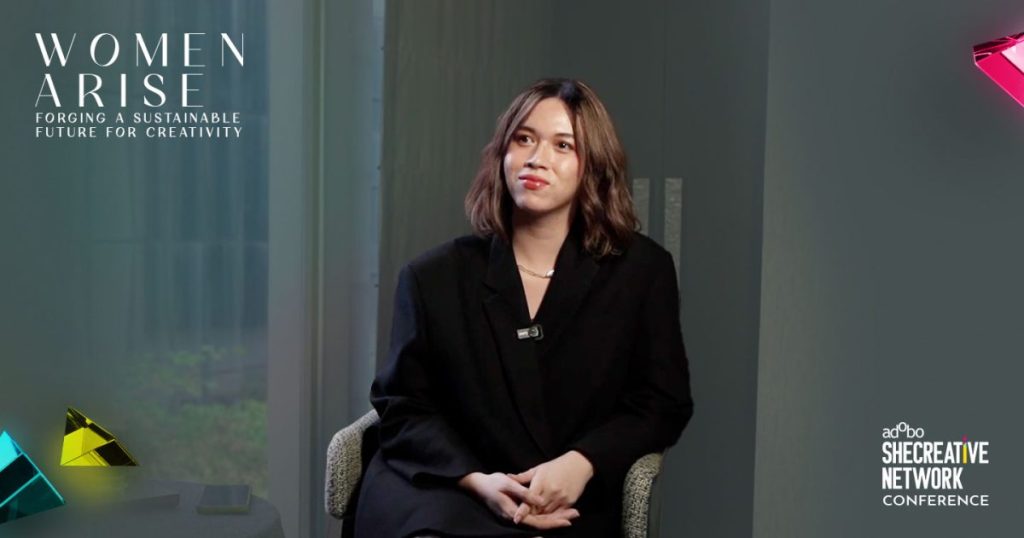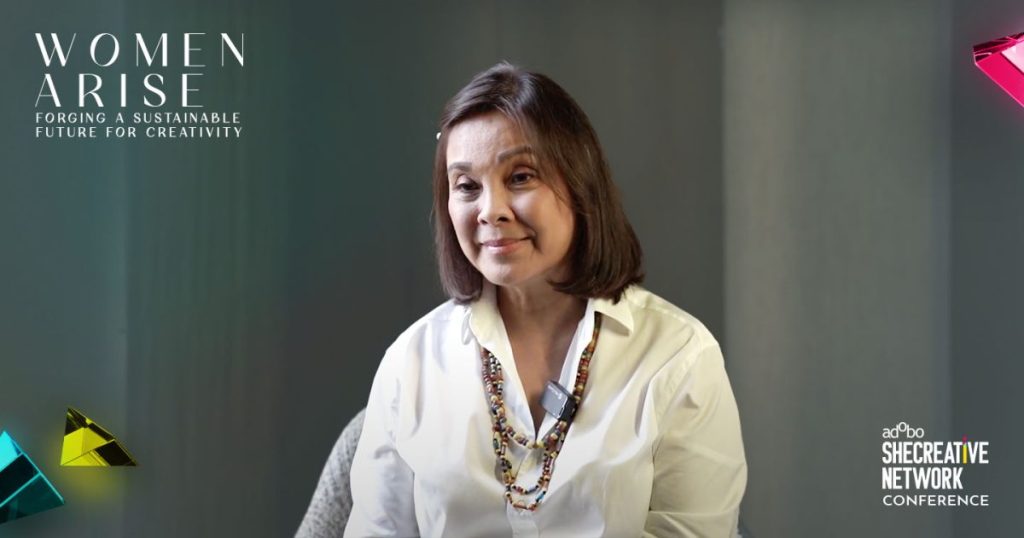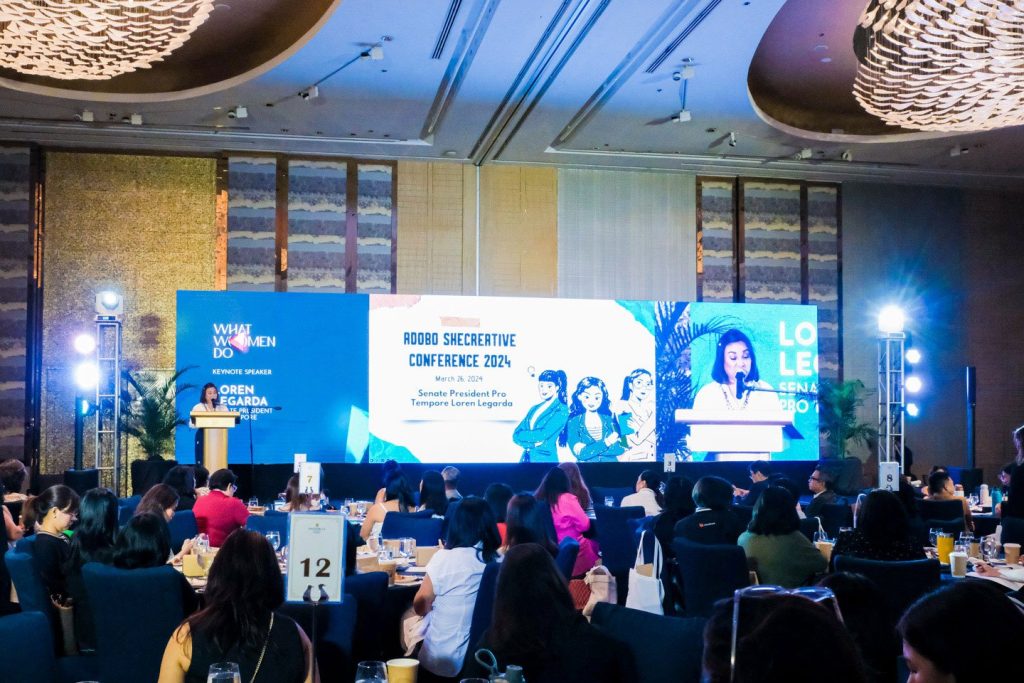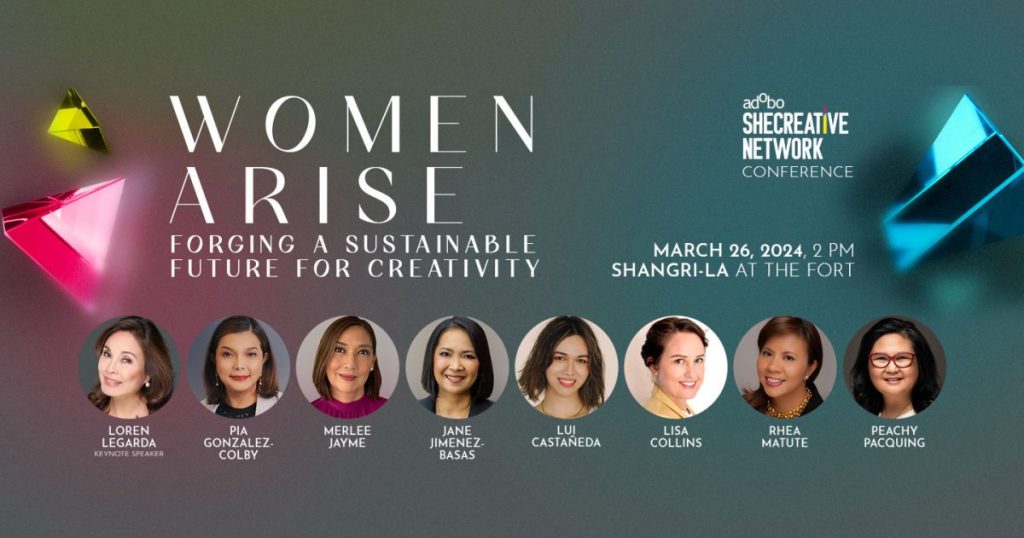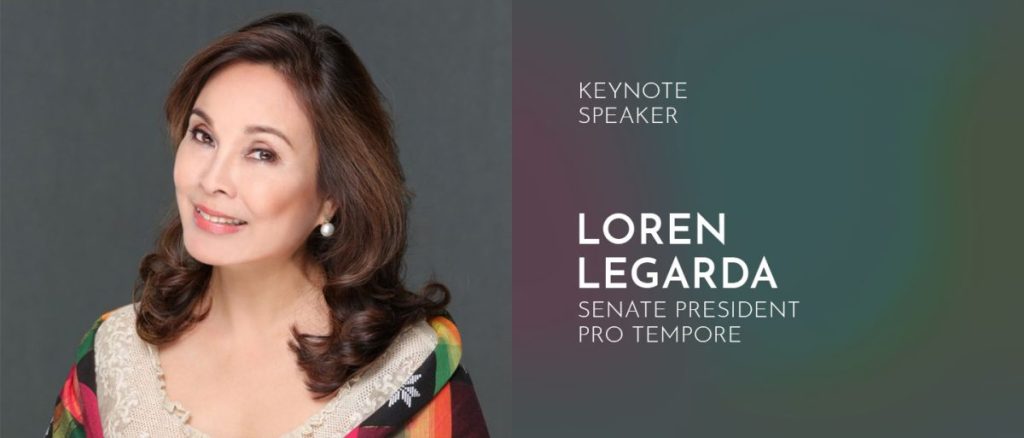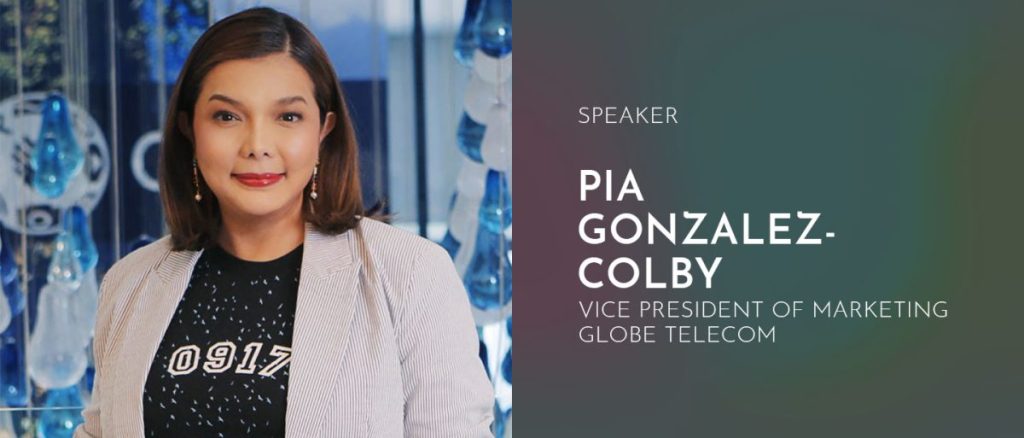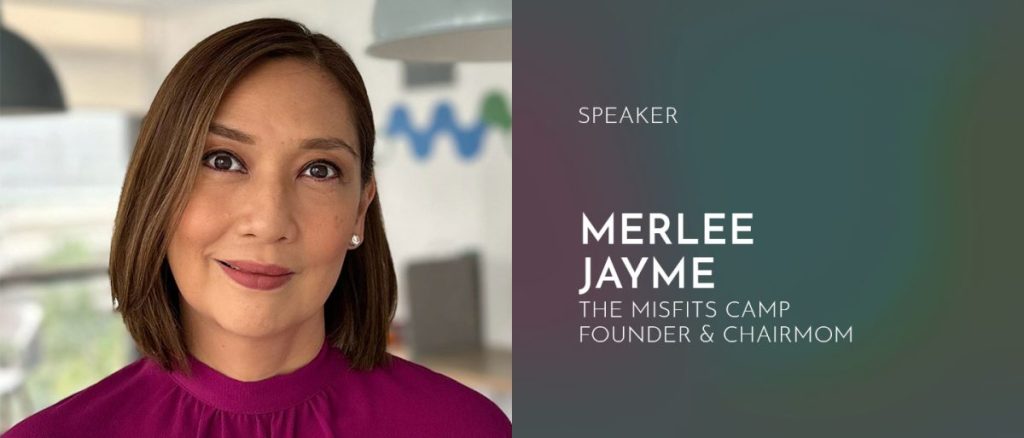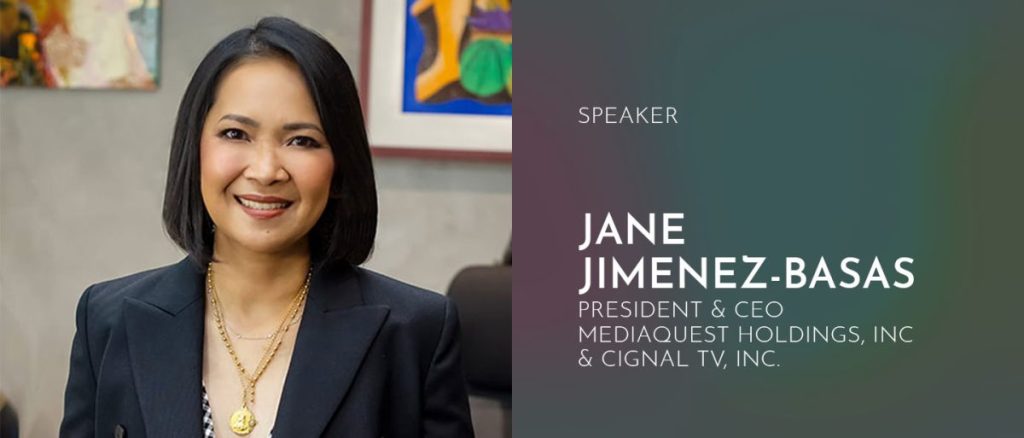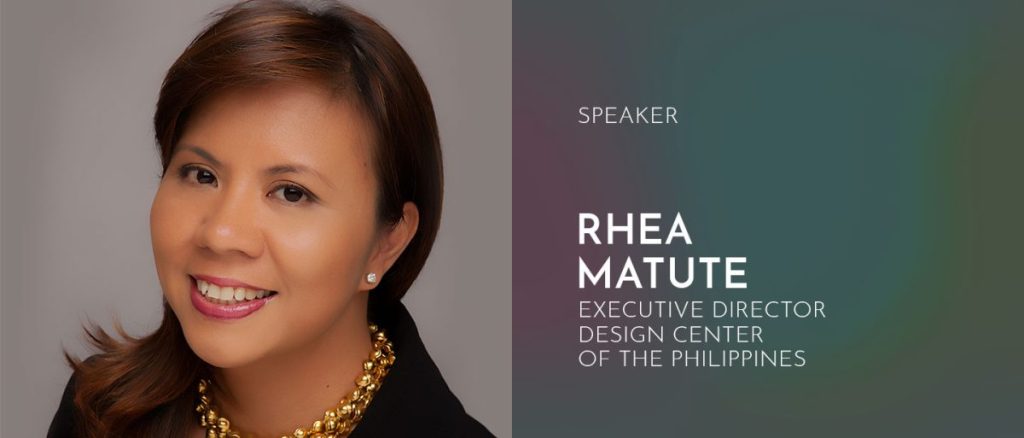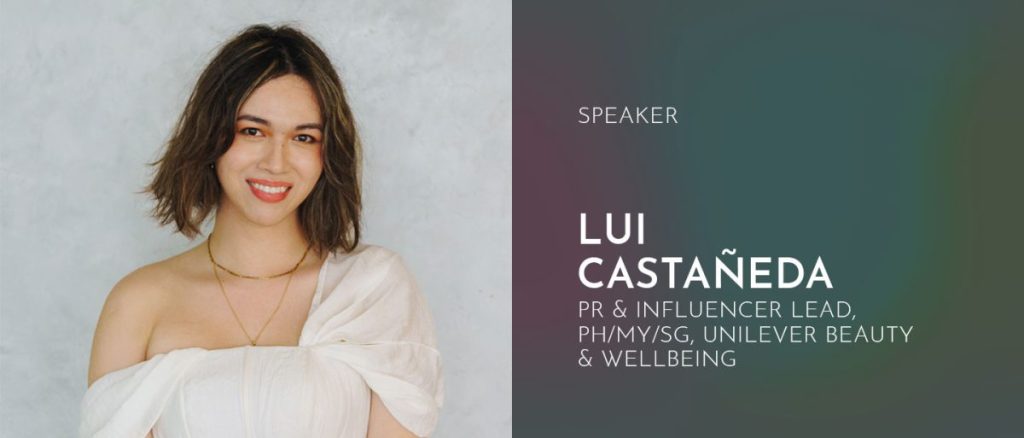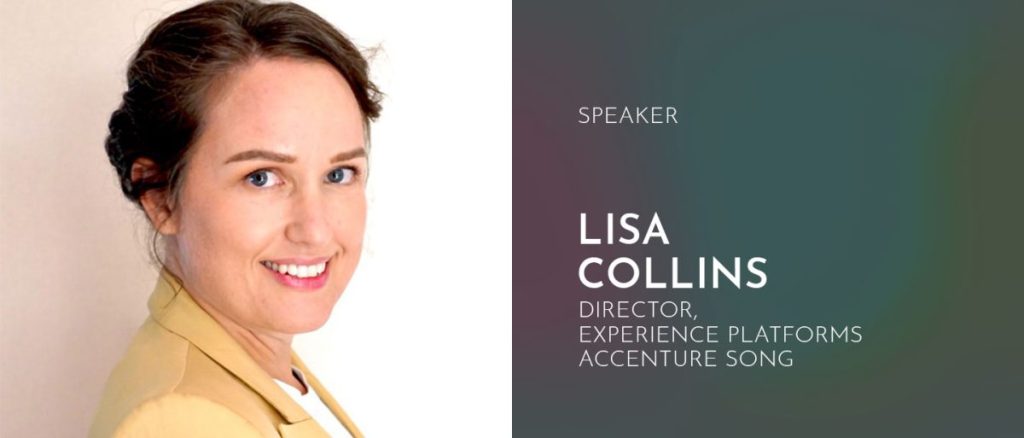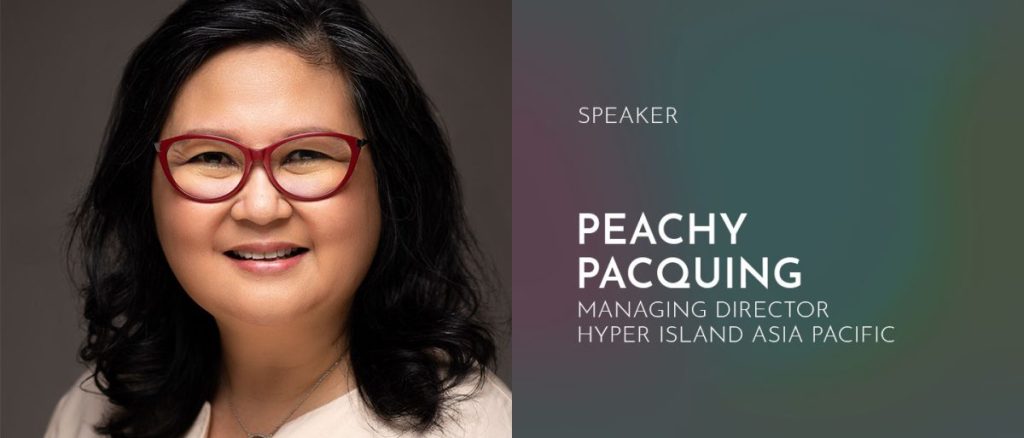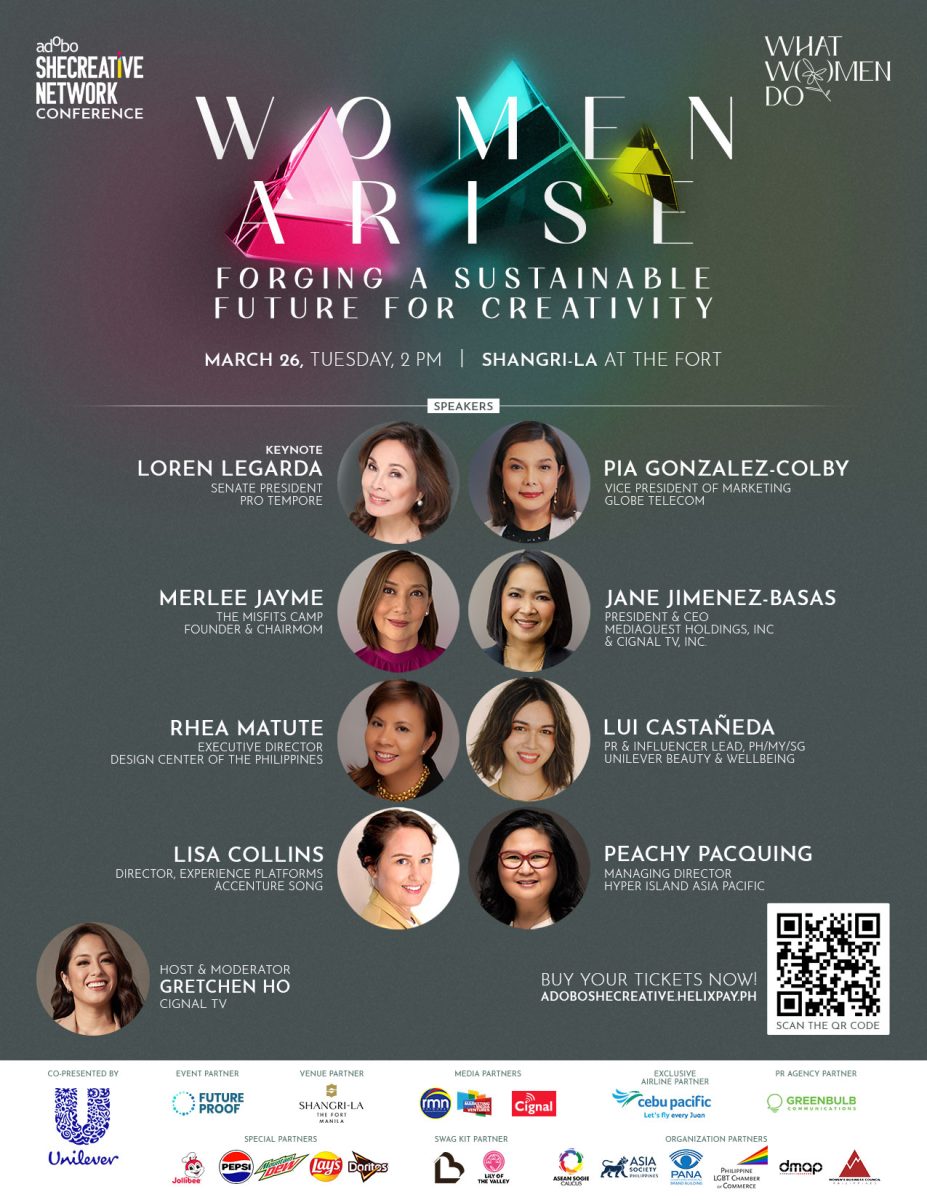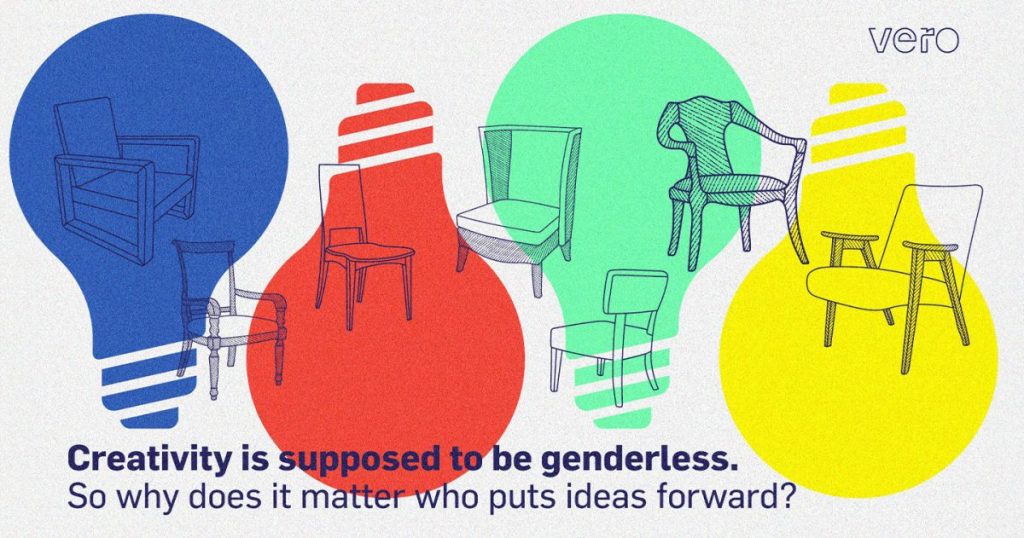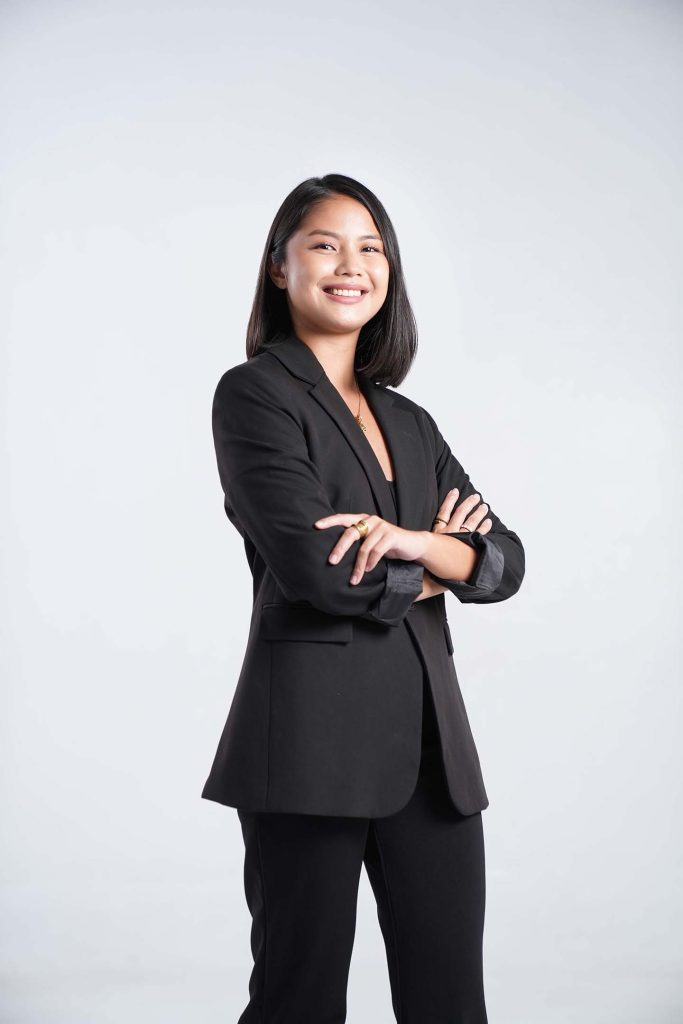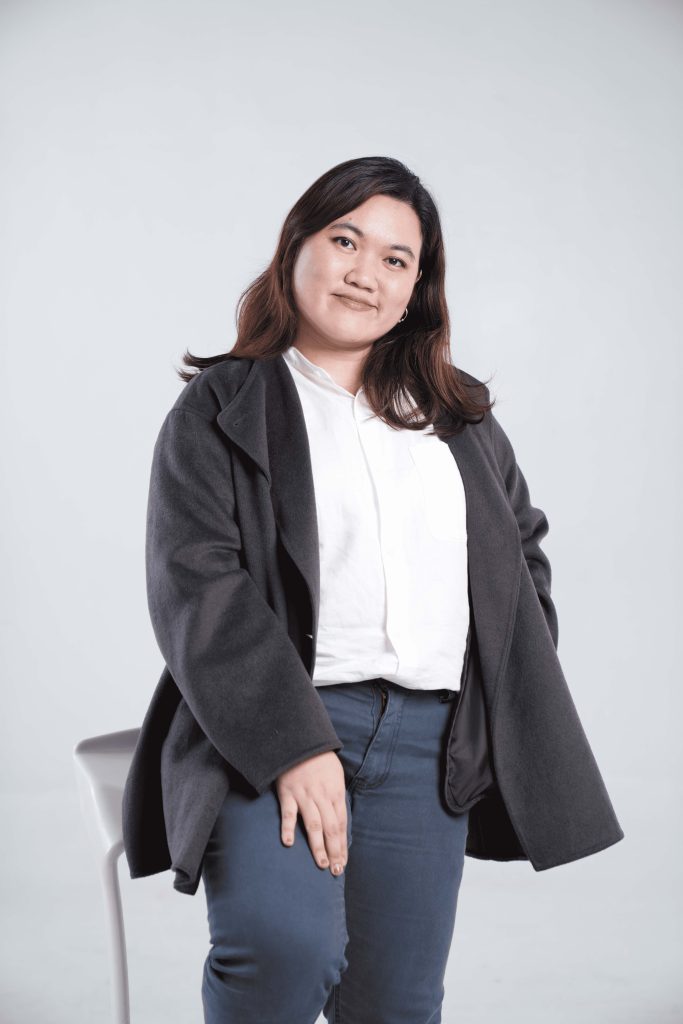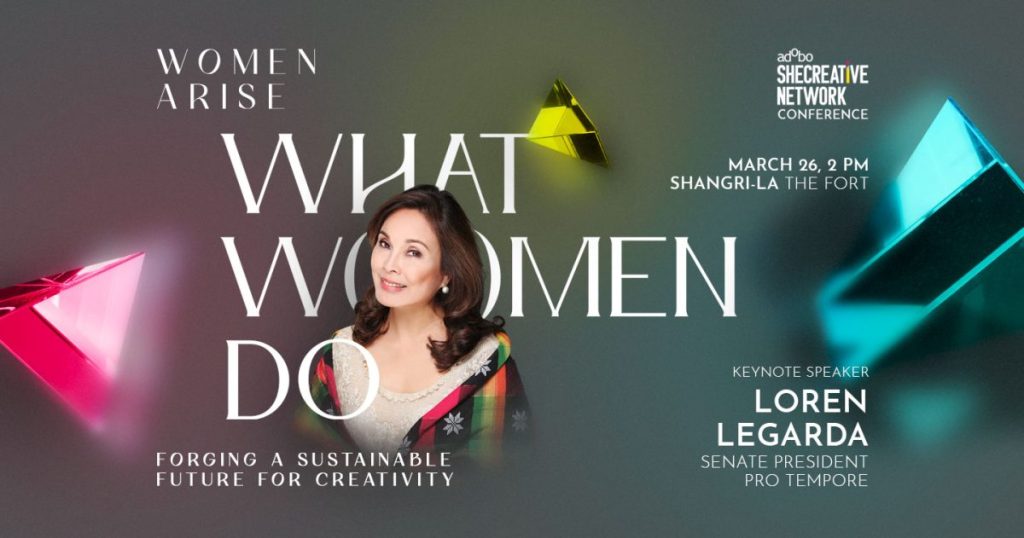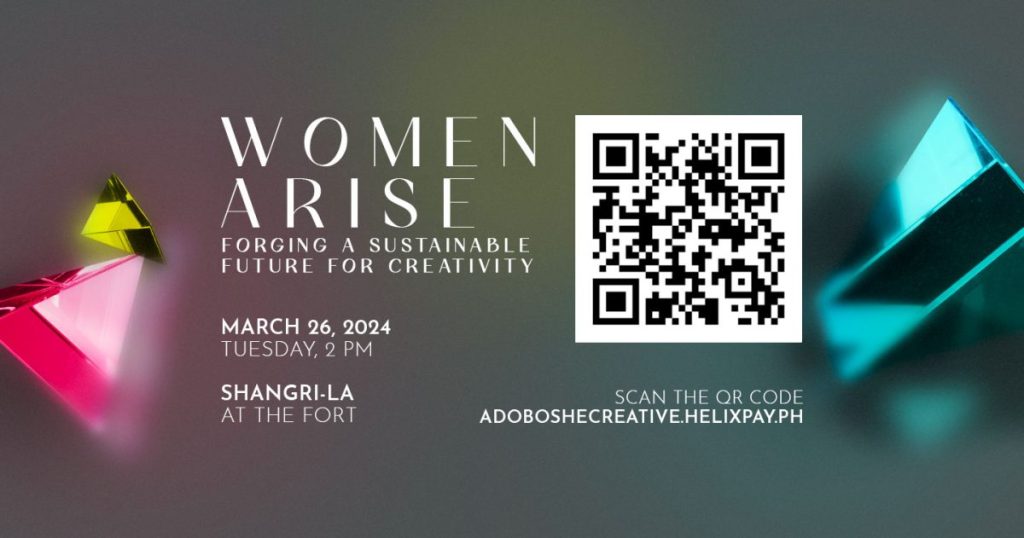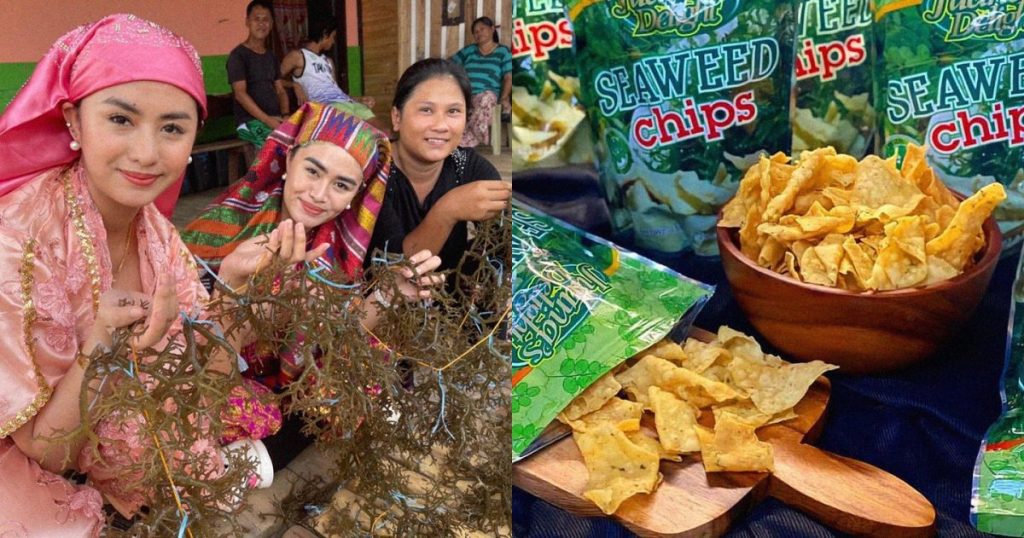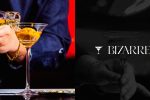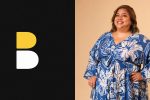MANILA, PHILIPPINES — In honor of Pride month, adobo Magazine has brought together six influential women who embody creativity to speak at the upcoming “adobo SheCreative: Proud, Loud, and Creative.”
It’s a rare occurrence to come across a panel entirely made up of queer women, let alone household names covering a wide spectrum of the creative industry. The guests not only take pride in their respective crafts but in being part of the LGBTQIA+ community too, having to navigate the ins and outs of their industries while unabashedly embracing their authentic selves.
With the help of this year’s host and moderator, Roanne Carreon, President & Co-founder of Queer Safe Spaces, these creatives spanning various fields will spark insightful discussions about creativity, representation, and how their identities intertwine with what they do.
Take a look at the women who’ll grace the SheCreatives stage with their wisdom and inspiring stories on June 20, at 4:00 pm at The Astbury in Poblacion, Makati.
Nica del Rosario, Head Writer and Music Producer of FlipMusic Productions, is a singer-songwriter who has written for household names such as Sarah Geronimo, BINI, and Nadine Lustre. She has also released her own hits such as “Rosas” (Rose) and “Tahanan” (Home) and has won Awit awards and PMPC Star Awards for her work.
Samantha Lee is a TVC Director and award-winning filmmaker who strongly advocates for women and queer representation in Philippine cinema. Her debut film Baka Bukas (Maybe Tomorrow) won various awards both in the Philippines and abroad including the “Emerging Talent Award” at Outfest 2017.
Agnes Reoma and Pat Lasaten are two members of the indie folk-pop band Ben&Ben. They have changed the local music landscape with “Kathang Isip (A Work of Fiction), Araw-Araw (Everyday),” and “Patingin (View),” garnered several accolades, and have become the most streamed Filipino artist on Spotify. Outside of being the band’s bassist and keyboardist, Agnes and Pat are proud advocates of LGBTQIA+ rights.
Carla Norberta is a visual artist who dabbles in abstract & expressionist art, often depicting emotions, the subconscious, and the mundanity of life.
Dani Rogacion, Founder & CEO of Overdrive Studios, is an esports creative who specializes in logos, tournaments, streamer designs, and more. Designing with her heart and mind, Dani’s also an ambassador for Women in Games.
It’s one thing to be good at what you do; it’s another to thrive amidst the adversities that come with being who you are. So, join us as we loudly and unapologetically celebrate the creativity of LGBTQIA+ women at this year’s SheCreative’s Pride event!
adobo SheCreative: Proud, Loud, and Creative
EVENT PARTNERS
Gold Partner:
Insular Life
Bronze Partner:
Prestige
Swag Partners:
Ellana Cosmetics
Zalora
Parlon
Monkey Eagle Brewery
Food and Beverage Partners:
Angel’s Pizza
Moonleaf
Lunar Cafe
Jade’s Temple
Organization Partners:
ASEAN SOGIE Caucus
DMAP
RMN
Asia Society
PANA
Queer Safe Spaces

